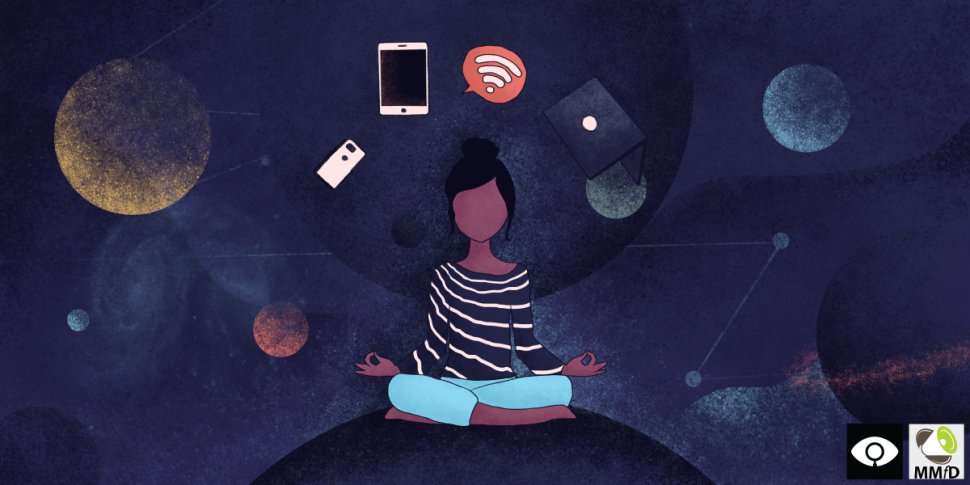
The intersection of gender and technology in Pakistan is the focus of the latest instalment of the SheConnects series by Media Matters for Democracy (MMfD), an APC member organisation in Pakistan.
The series, which is a the result of an APC small grant, is part of MMfD’s Digital Rights Monitor. It includes 12 feature articles that cover issues from threats to female journalists online, love and relationships in the digital age, parenting, menstrual care and the situation of trans people in the country. Published in both English and Urdu, the articles aim to open timely and crucial discussions around the use of technology, with a special focus on gender-related issues.
An excerpt from “From love at first sight to love at websites”:
While the majority in Pakistan still follow the conservative norms, many women in the Pakistani urban space are exploring new avenues. They are taking charge of their major life choices, be it education, career or relationships. Thus, independent-minded women are also seeking to break free from the traditional set up of arranged marriages and occupy spaces where they can interact with people who they truly connect with beyond society’s criteria of what a perfect partner looks like. And since Pakistan doesn’t offer many public spaces for singles to interact with new people, so this is how dating applications like Tinder, Bumble, Woo, Muzmatch, and others are picking up the slack.
The internet as we see it
SheConnects is part of an ongoing effort to raise awareness about the opportunities created and threats posed by the internet from the perspective of women. It builds on the research published by MMfD, including their most recent study, The internet as we see it: Gendered perceptions from Pakistan.
What do women and men think about the positive and negative effects of the internet? How do they view trust and attitudes towards women’s internet access? What are the perceived challenges about usage of the internet in the country? These are the questions the research addresses to explore internet perceptions of Pakistani users, specifically from the lens of gender.
The study, which was also produced with the support of an APC small grant, shows that male and female internet users in the country are in agreement over the benefits offered by the internet as well as the existence of several major issues that men and women face online. It also reveals that men and women users may have a different perception of the nature and prevalence of harassment on the internet.
Read also: SheConnects: Tech-enabled women entrepreneurship in Pakistan